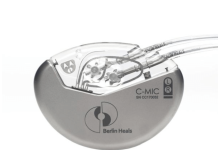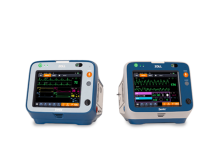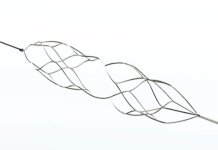US-based PanTher Therapeutics has initiated a trial of its chemotherapy-eluting patch, which it hopes will make cancer therapy more tolerable.
The Phase Ib study (NCT06673017) is investigating PTM-101 combined with neoadjuvant chemotherapy (FOLFIRINOX) in patients with pancreatic ductal adenocarcinoma (PDAC).
The study will investigate the safety, tolerability, and anti-tumour activity of two doses of PTM-101.
Related: Foldax presents positive data for its Tria polymer mitral heart valve
This non-randomised, open-label study plans to enrol approximately 30 treatment-naïve patients across multiple clinical sites in the US.
Comprising a film-formulated version of paclitaxel, the drug-eluting patch is placed on the tumour site to provide continuous, high-dose, localised drug administration.
It follows a Phase I study that saw tumour shrinkage in patients treated with 100mg PTM-101 combined with standard of care (SoC) in borderline resectable and locally advanced PDAC.
PanTher Therapeutics CEO Laura Indolfi said: “The start of this second clinical trial of PTM-101 is an exciting milestone in our journey to transcend the dosing limitations of today’s cancer treatments by reimagining how chemotherapy is delivered.
“Powerful cancer drugs exist, but their toxicity lowers maximum dose and limits dosing frequency, leaving too many opportunities for cancers to continue spreading while patients grapple with debilitating side effects.”
Studies have shown that only 1% of systemically delivered chemotherapy reaches the tumour, with the remaining 99% of the drug producing toxic off-target effects, including neutropenia, hair loss, nausea and vomiting, and peripheral neuropathy.
Therefore, PanTher hopes its more targeted treatment could provide higher benefits for patients whilst also carrying a more manageable safety profile with fewer off-target effects.
The company is also developing PTM-201 for the treatment of a range of other solid tumour types.
PanTher has not yet disclosed in which indication this therapy will be investigated, and it remains in the preclinical stages.
Other researchers are designing similar chemotherapy patches, including Starton Therapeutics, which is developing combination patches that include six potential combinations of ingredients to enhance patient comfort and efficacy during chemotherapy treatment.




